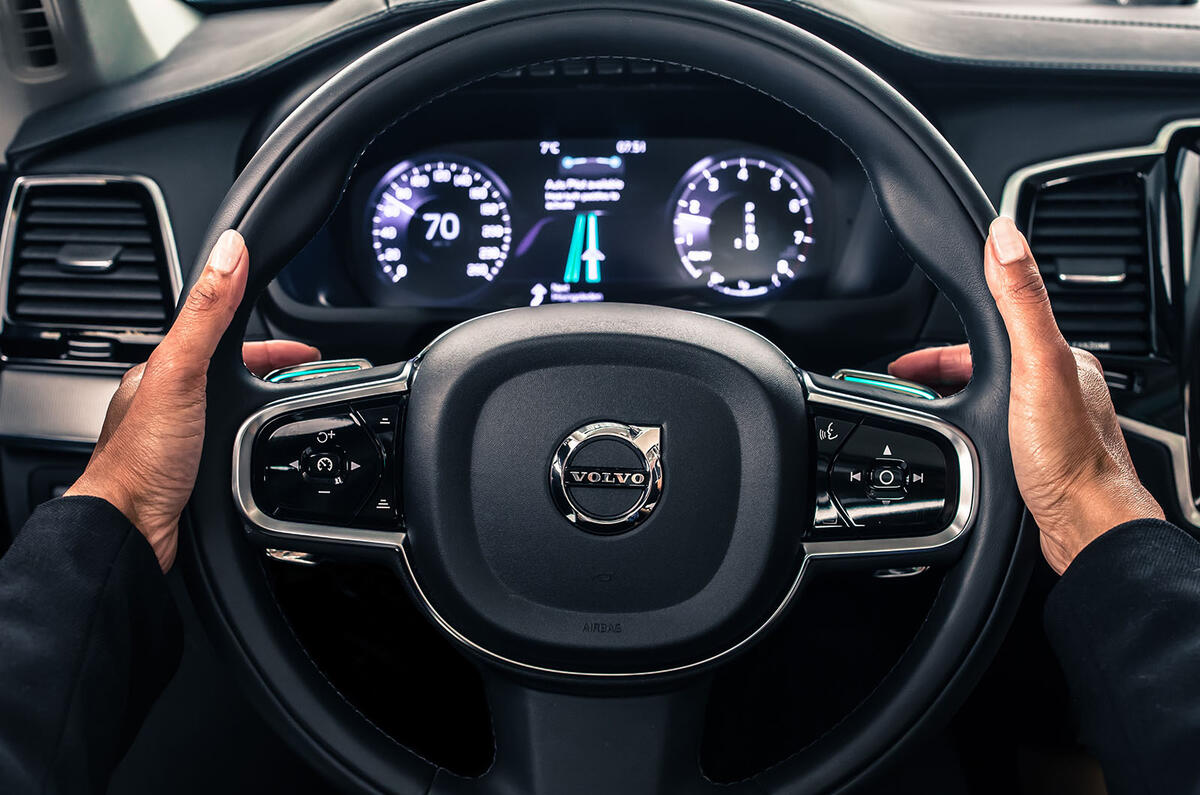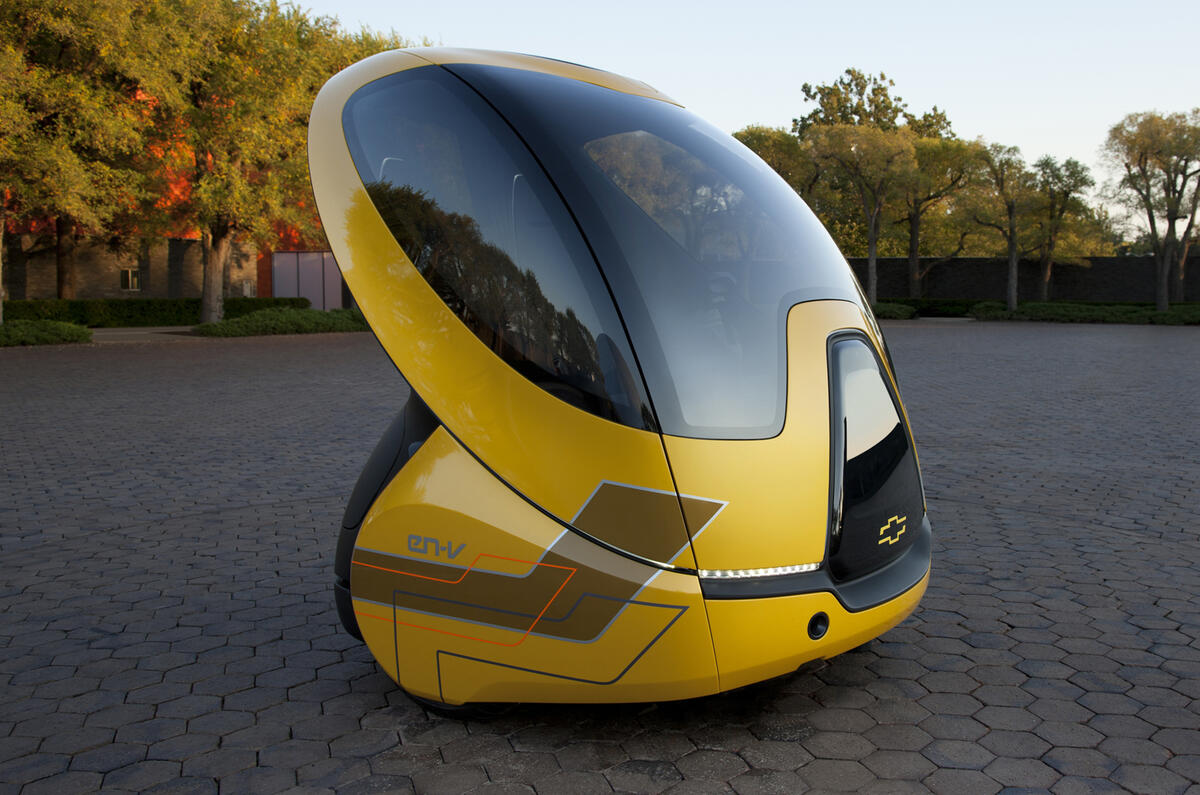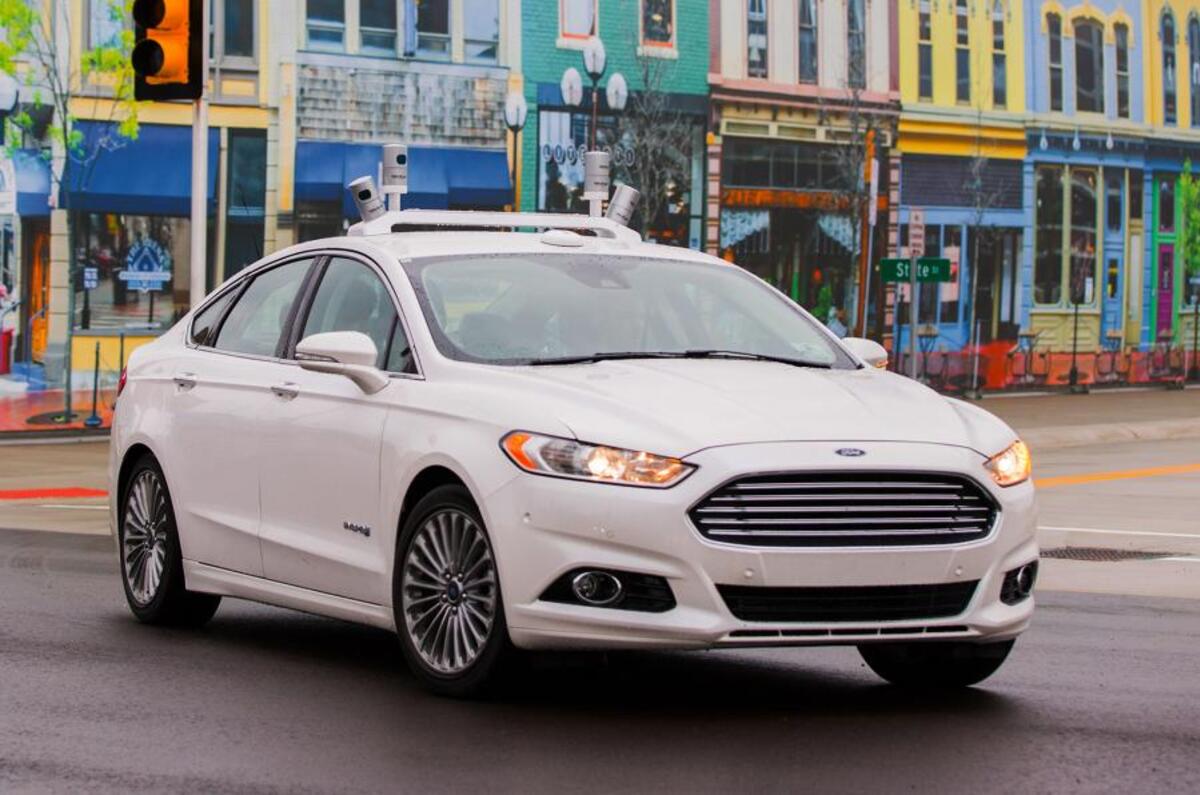The UK’s motor insurance industry is grouping together to tackle the rise of driverless cars and discuss the legal issues surrounding their use on public roads.
The newly created Automated Driving Insurance Group, which will be lead by the Association of British Insurers (ABI) in association with Thatcham Research and includes 11 of the UK’s biggest motor insurers, says it wants to “smooth the path of driverless cars” by addressing the legal issues of autonomous vehicles on public roads.
UK insurers Admiral, Direct Line, Allianz, AXA and Zurich are all signed up to the group, which will represent the views of the insurance industry as the UK government prepares for the widespread adoption of autonomous vehicles.
The ABI says 94% of road accidents are currently caused by human error, but that figure is likely to reduce dramatically with autonomous cars taking to the road. Among the Automated Driving Insurance Group’s key aims is to establish who is at fault if an accident is caused by an autonomous vehicle - the owner or the vehicle manufacturer.
Other issues include the storage and use of data gathered from autonomous vehicles and whether there will need to be a comprehensive review of legislation to allow driverless cars to use public roads.
Currently it’s thought that all fully autonomous vehicles will retain a manual override, meaning that drivers should always be able to regain control of the car and, in doing so, remain liable for any accidents.

Volvo has already taken measures to clarify the issue of liability. In a speech in October last year, Volvo president Hakan Samuelsson said his company would accept full liability whenever its cars are operating in autonomous mode.
Other manufacturers have disputed that claim, however, with one BMW insider saying: “It's a minefield, because the driver must still select what the car does, and who is to say that's appropriate? They will still set a maximum speed, for instance, and the autonomous functions will only do what they are told. Then there's the issue of a computer having to make a decision about which pedestrian to hit, or whether to prioritise injuring the driver over other road users. Sure, technology can reduce accidents by 90% - but there will always be situations where it can’t.
The US news programme 60 Minutes reports that Google and Mercedes-Benz will also accept liability if it’s found that their autonomous driving software causes a vehicle to crash.
The increased use of autonomy in cars is expected to lead to a large reduction in the cost of insurance. Thatcham Research estimates that insurance premiums could fall by as much as 50% by 2025, and 80% by 2040. Thatcham chief executive Peter Shaw said: “Automated driving is developing at pace, and safety is paramount from both a driver’s perspective as well as an insurance risk."
A degree of autonomy is expected to appear on cars in the UK by 2020 but is likely to be confined to use on the motorway. Full autonomy is not expected to appear before 2025 due to the complexity of mapping and navigating urban environments.
Director of general insurance policy at the ABI James Dalton said: “Contrary to what some people might expect, insurers are not standing in the way of this development but actively looking to support progress and innovation.
“The developments we’ve seen towards increasingly autonomous vehicles are already reaping rewards, with autonomous emergency braking reducing collisions and injuries and helping to bring down insurance premiums. Truly driverless cars have the potential to dramatically reduce deaths and injuries on the roads and could revolutionise what we think of as public transport.
"The role of motor insurance in such a future will be very different to what it is today, but insurance will be part of the picture.”

Some car makers have complained that the web of different laws and legislation across Europe is making it difficult to bring driverless cars to market. Samuelsson said Europe has “suffered to some extent by having a patchwork of rules and regulation” in regards to the testing of autonomous vehicles. Similarly, former head of technology at Audi Ulrich Hackenberg said legislation is “by far” the biggest hurdle in bringing a fully autonomous car to market.
The UK government has already promised to amend national legislation by 2017 - with a particular focus on liability - with international laws agreed by the end of 2018.
Speaking to Autocar, the ABI’s motor and liability advisor Ben Howarth praised the likes of Volvo for accepting liability for their autonomous cars, but said new regulations were needed to govern where manufacturers would take on blame in the case of an accident. “We need a regulation that would specify exactly where a manufacturer takes on liability, and a regulation that allows that to happen," he said. "It will depend on the technology used and the driving scenario.
“We want to work out what the [insurance] industry’s position will be when the government wants to consult on this. Legislation isn’t an absolute obstacle, but it needs to be got right. We want to see a situation where injured parties and claimants are getting their compensation, and getting what they deserve.”




Join the debate
Add your comment
Insuring an autonomous vehicle
It will be far more reliable than the current method of taking a drivers statement!
Human error